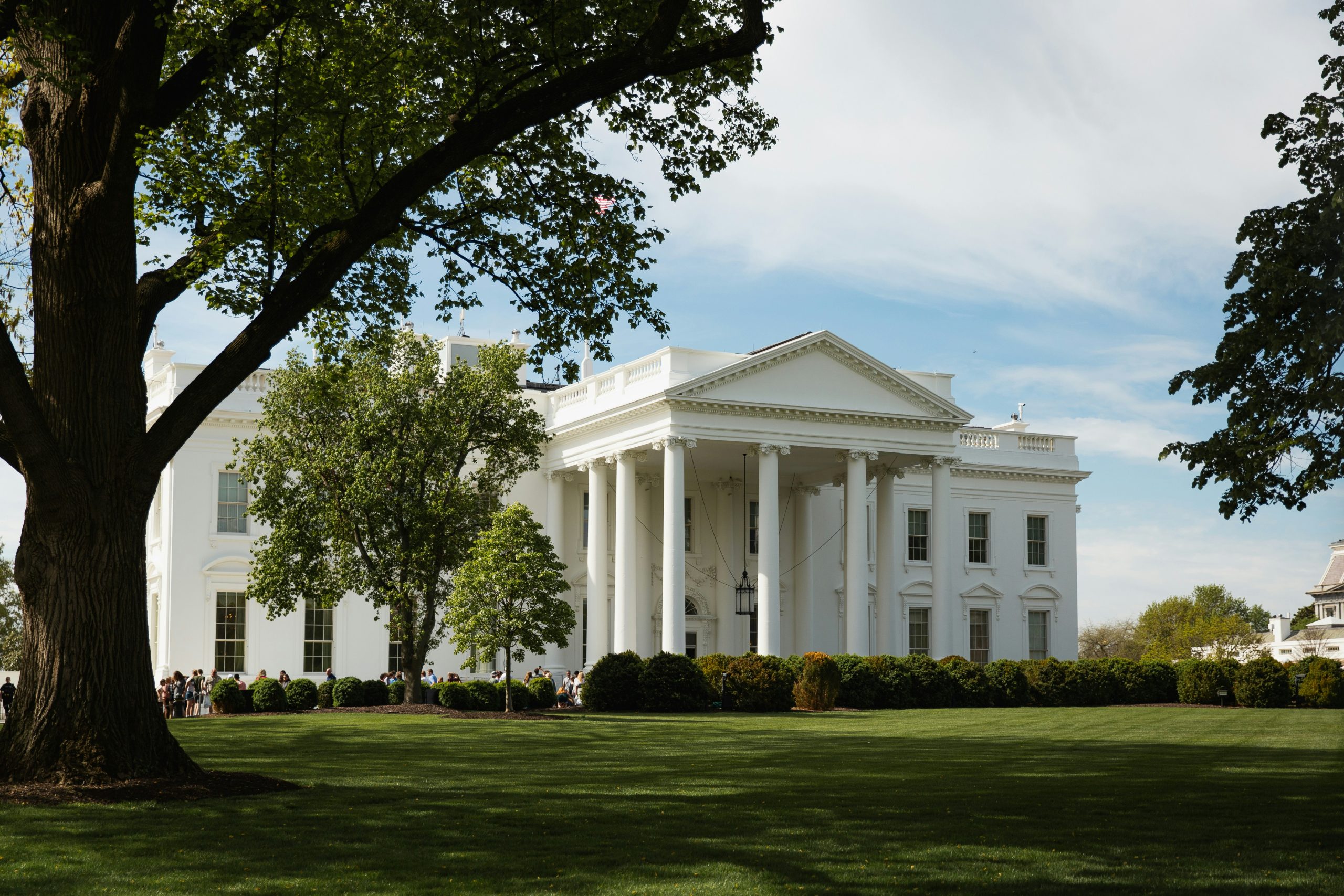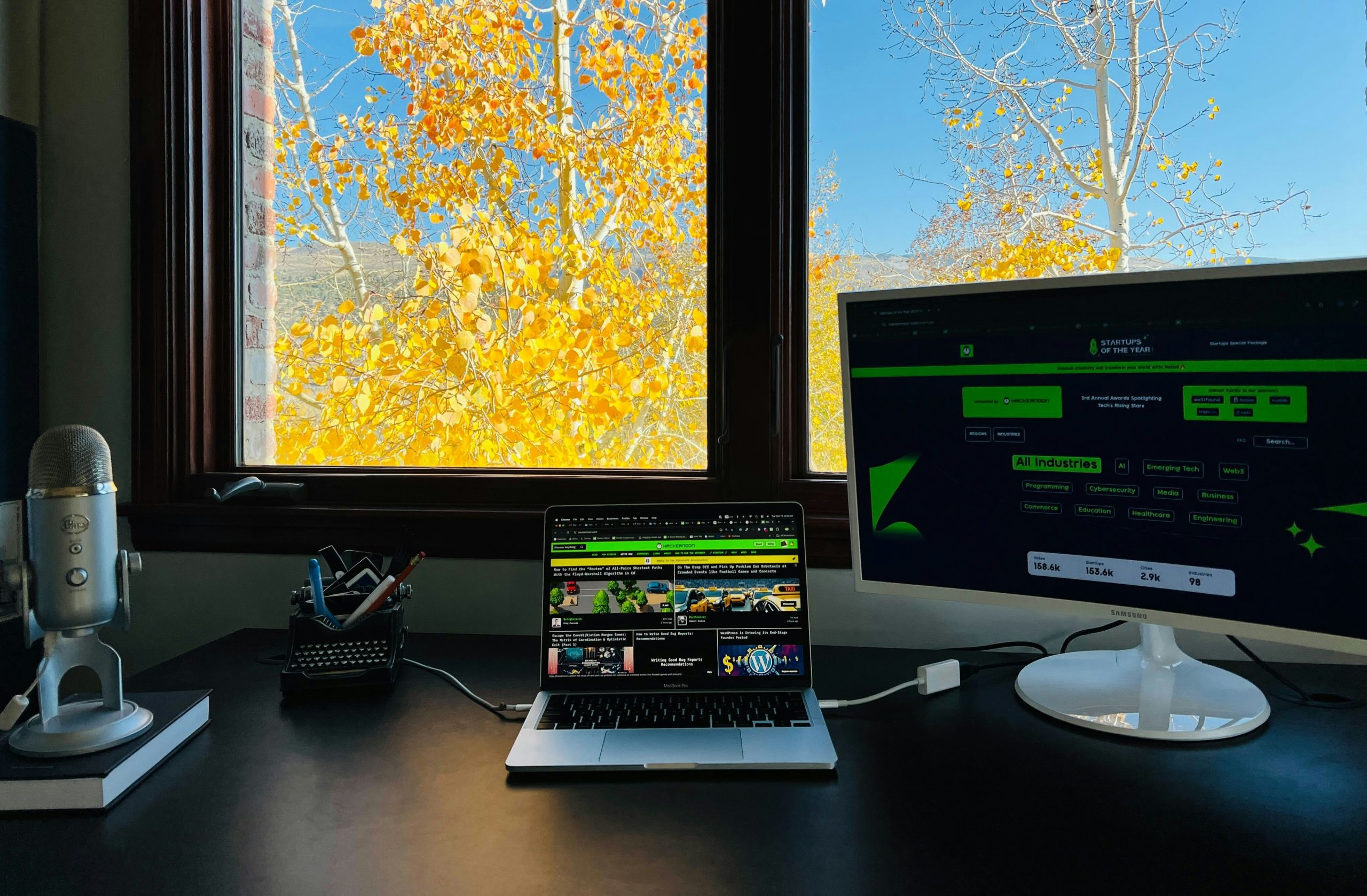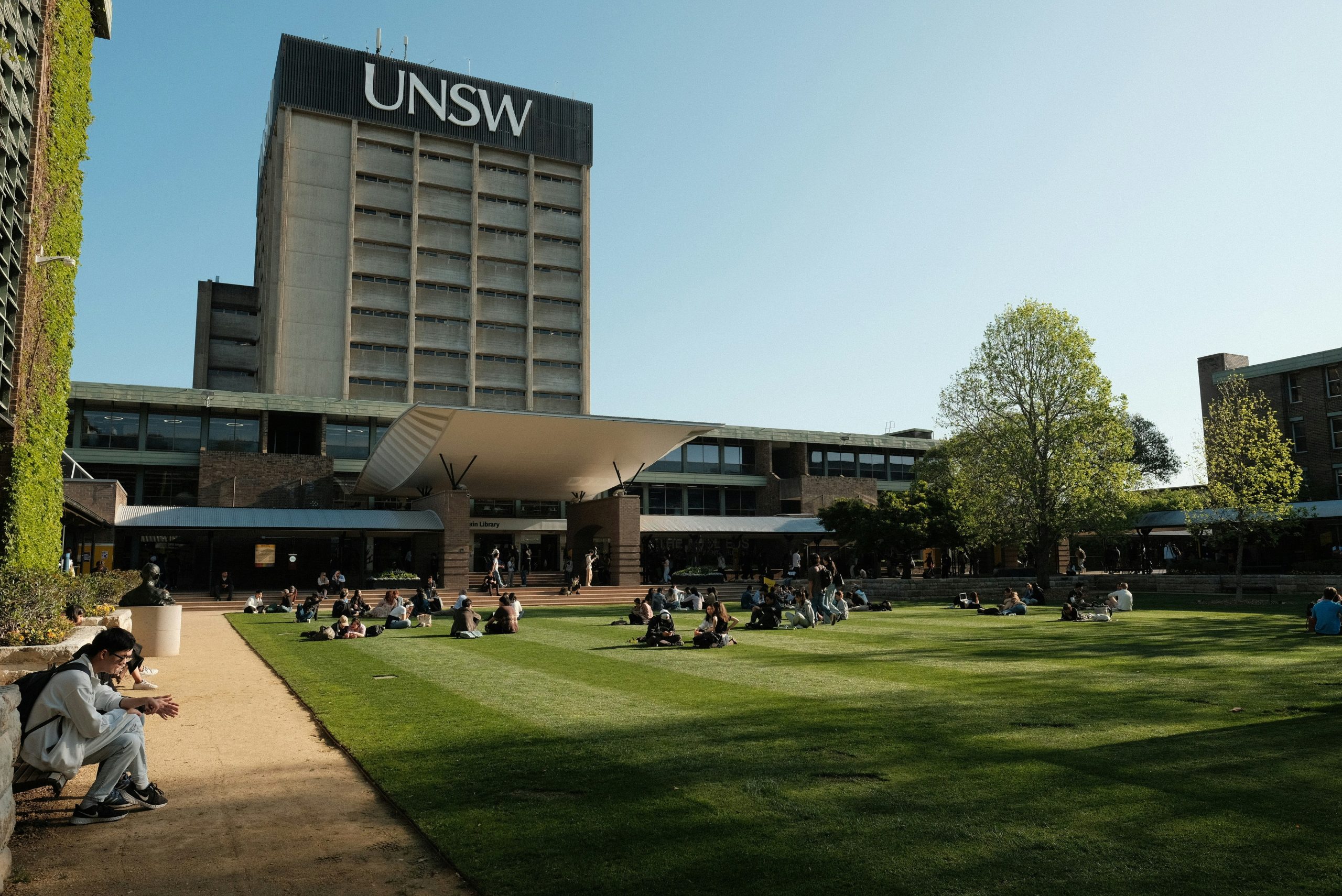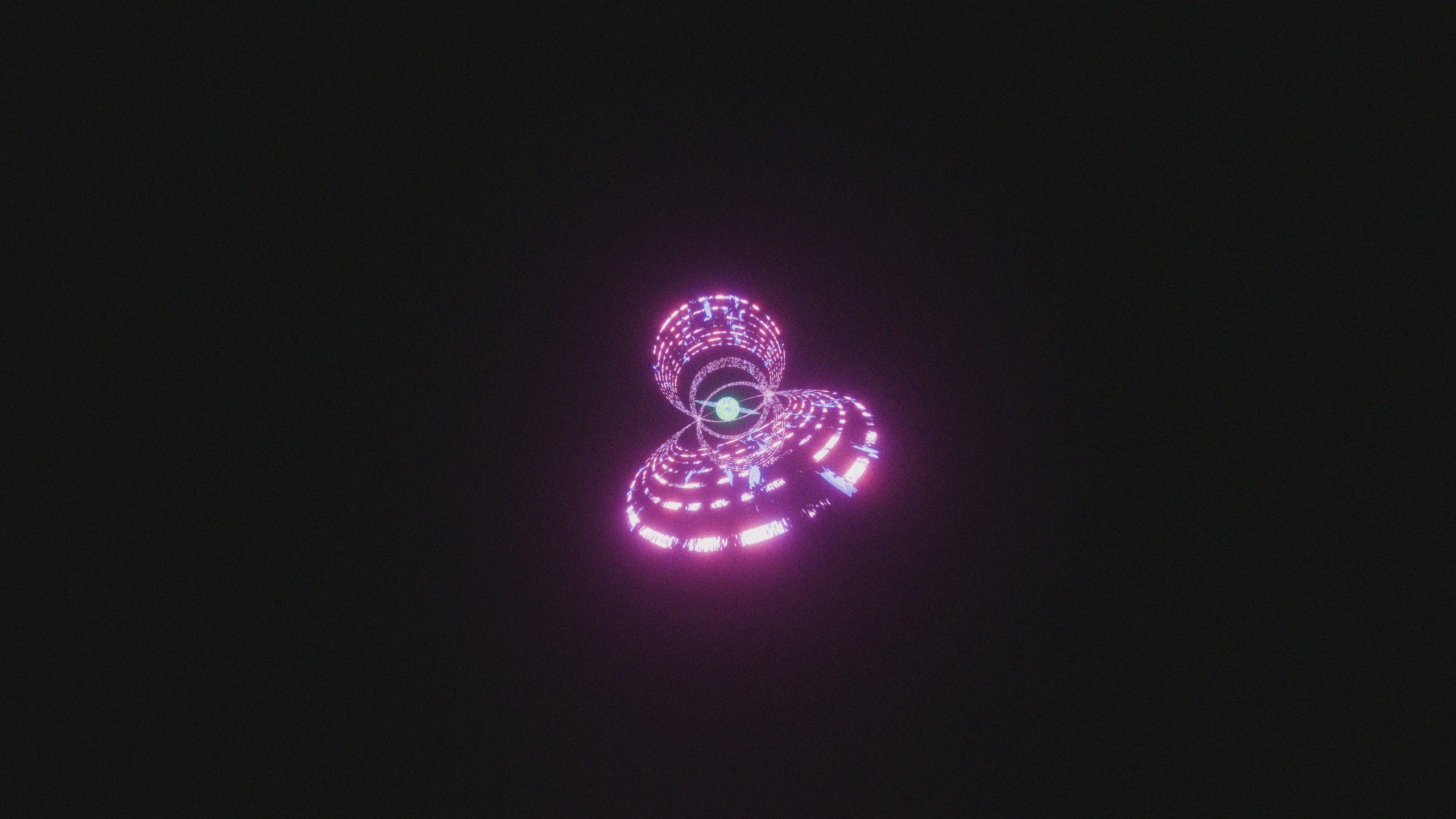Nobel Prize in Physics Awarded to Pioneer of Deep Learning
In a groundbreaking moment for the field of artificial intelligence, Geoffrey Hinton and John Hopfield have been awarded the 2024 Nobel Prize in Physics for their significant contributions to the development of machine learning through artificial neural networks. Hinton, often referred to as the 'godfather of AI', has played a pivotal role in advancing the understanding and capabilities of these computing systems that mimic the workings of the human brain.
Artificial neural networks are a class of algorithms designed to recognize patterns and learn from data, much like the human brain processes information. Hinton's work has laid the foundational framework that has propelled deep learning into the forefront of technology, impacting various sectors from healthcare to finance and beyond.
Despite the accolades, Hinton has expressed concerns about the implications of his work. In recent discussions, he has articulated fears regarding the potential misuse of AI technologies, emphasizing the ethical considerations that must accompany rapid advancements in machine learning. This duality of innovation and caution creates a compelling narrative around the future of AI and its role in society.
Hinton's collaboration with Hopfield has yielded transformative inventions that allow machines to learn and adapt to new information autonomously. This has opened doors to developments in areas such as natural language processing, image recognition, and autonomous systems, significantly altering the landscape of technology as we know it.
The Nobel Prize serves not only as recognition of Hinton's profound impact on physics and computer science but also as a reminder of the responsibilities that come with such technological advancements. The implications of AI are vast, and as we continue to integrate these systems into our daily lives, it is crucial to maintain a dialogue about their ethical and societal impacts.
As the academic community and tech industry celebrate this monumental achievement, it is also a moment for reflection on the direction of AI research and its alignment with human values. The discourse surrounding the balance of innovation with ethical considerations is more relevant than ever, as stakeholders from various sectors come together to navigate the complexities of artificial intelligence.
In conclusion, Geoffrey Hinton's Nobel Prize is not just a recognition of his past achievements but also a catalyst for ongoing conversations about the future of technology and its intersection with society. The journey of artificial intelligence is just beginning, and with pioneers like Hinton at the helm, the path forward will undoubtedly be both exciting and challenging.











